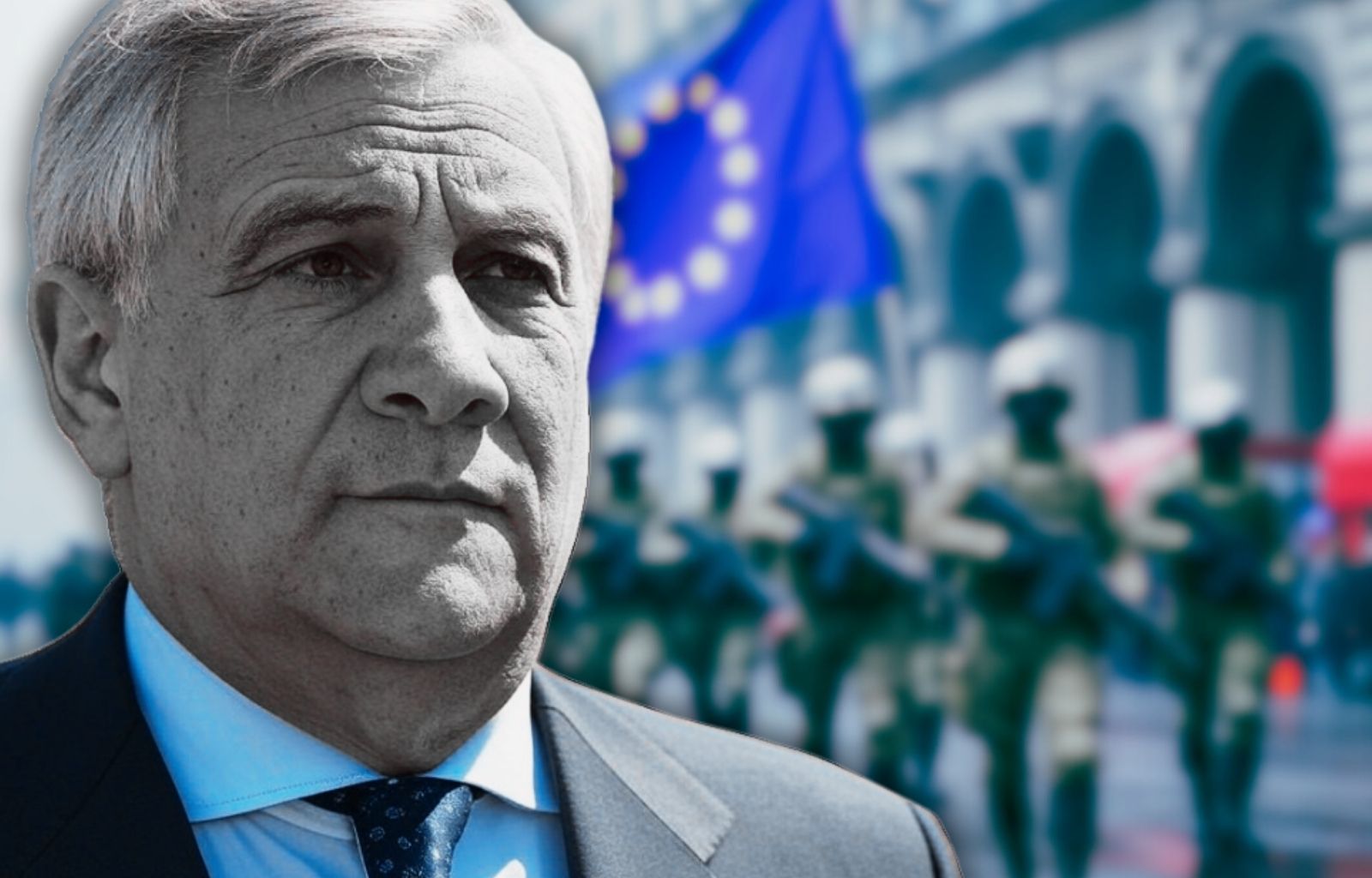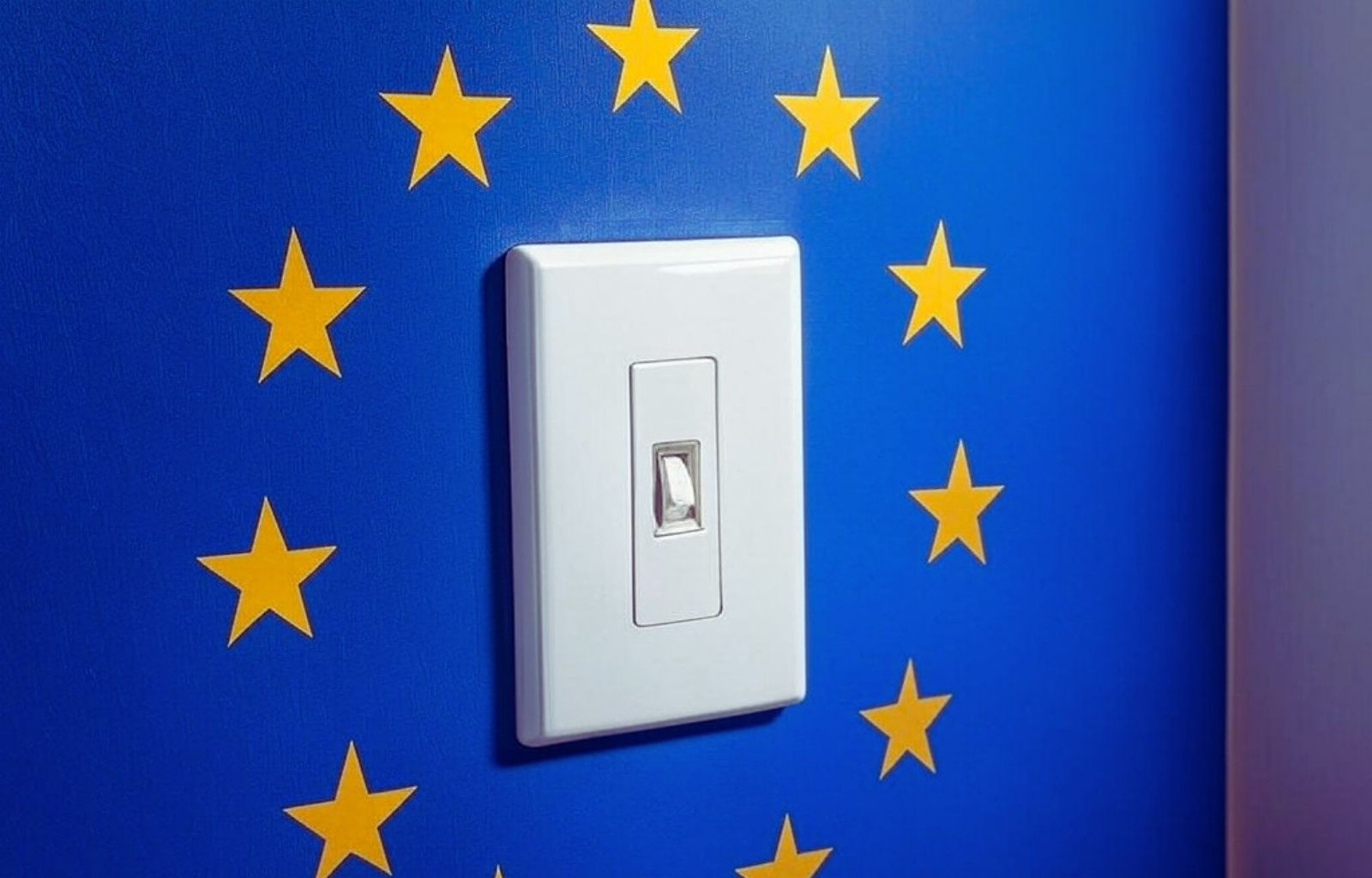“Defence spending outside the Stability Pact. Either Eurobonds or Tajani is right

“Defence spending must be excluded from the Stability Pact“. With these words, Italian Foreign Minister Antonio Tajani brought a crucial question to the centre of the European debate: how to finance the European Union’s growing security needs without penalising national budgets? Tajani’s proposal captures an essential priority: to guarantee member states the possibility of strengthening their defence capabilities in an unstable and complex geopolitical context.
Tajani’s proposal recalls the urgency of a structural and coordinated solution at European level. The way forward would be the launch of a Eurobond plan dedicated to defence, which would allow strategic investments to be financed in a sustainable and efficient manner.
The technical framework for the unbundling of defence costs
The idea of excluding defence spending from the EU’s Stability and Growth Pact aims to allow member states to increase defence investment without violating EU budget constraints. Currently, as is well known, the Stability Pact imposes strict limits on public deficit and debt, making it complex for countries to increase the military spending needed to meet growing security challenges.
From a regulatory perspective, Article 126 of the Treaty on the Functioning of the European Union (TFEU) states that member states must avoid excessive government deficits, with a limit of 3% of GDP for the deficit and 60% for public debt. However, there are currently no specific provisions to exclude categories of expenditure, such as defence, from the calculation of these parameters.
Economically, unbundling defence spending would offer more fiscal flexibility to member states, allowing them to strengthen military capabilities in response to emerging threats without compromising debt sustainability goals. This could make it easier to reach the NATO target of allocating 2% of GDP to military spending, a goal that some European countries – such as Italy and Spain – struggle to achieve. It must be said that some analysts warn that excluding this expenditure could weaken overall fiscal discipline and create precedents for further requests for exemptions, complicating EU economic governance. And then there is the ‘force of gravity’: the markets, which absorb debt securities, price not Italy’s need to invest in its defence, but the state’s ability to repay its debt.
The ambitious solution: Eurobonds for European defence
A European plan based on Eurobonds would be the most far-sighted choice to meet this challenge. By issuing joint bonds, the EU could raise resources on the capital markets at significantly lower interest rates than those obtainable by individual member states. This instrument, already successfully used for the Next Generation EU, would make it possible to finance a coordinated defence policy and strengthen Europe’s strategic autonomy.
Eurobonds would ensure a collective approach to investment, avoiding duplication and fragmentation, and promote joint projects in key areas such as advanced military technology, cyber defence and infrastructure security. They would also consolidate Europe’s role as a global player, sending a clear message of unity and determination.
Tajani is right: in the absence of Eurobonds, immediate solutions are needed
Although Eurobonds are the ideal answer, their realisation requires a bold political choice on the part of the Member States. Without this collective will, Tajani’s proposal to exclude defence spending from the Stability Pact would become a necessary solution. Indeed, member states cannot be asked to respond to security needs without giving them the fiscal flexibility to do so. In a historical phase characterised by a hybrid war, and thus by a now existential risk for our societies, strict budgetary rules cannot become an obstacle to Europe’s security and the ability of individual countries to contribute to a common defence.
A political choice for the future of Europe
The future of European defence requires bold decisions and a shared strategic vision. The exclusion of defence spending from the Stability Pact, as suggested by Tajani, is a common sense measure, especially if more ambitious alternatives are slow to materialise. However, Europe cannot afford to postpone a truly coordinated and sustainable approach indefinitely.
The real challenge is political: will Europe be able to take the path of Eurobonds to consolidate its security and strategic autonomy, or will it limit itself to emergency measures? Tajani’s proposal is a step in the right direction, but the goal must be a common defence financed by collective instruments. Because only a Europe that acts united can successfully face the challenges of the future.
How much do NATO countries invest in defence? Read here












